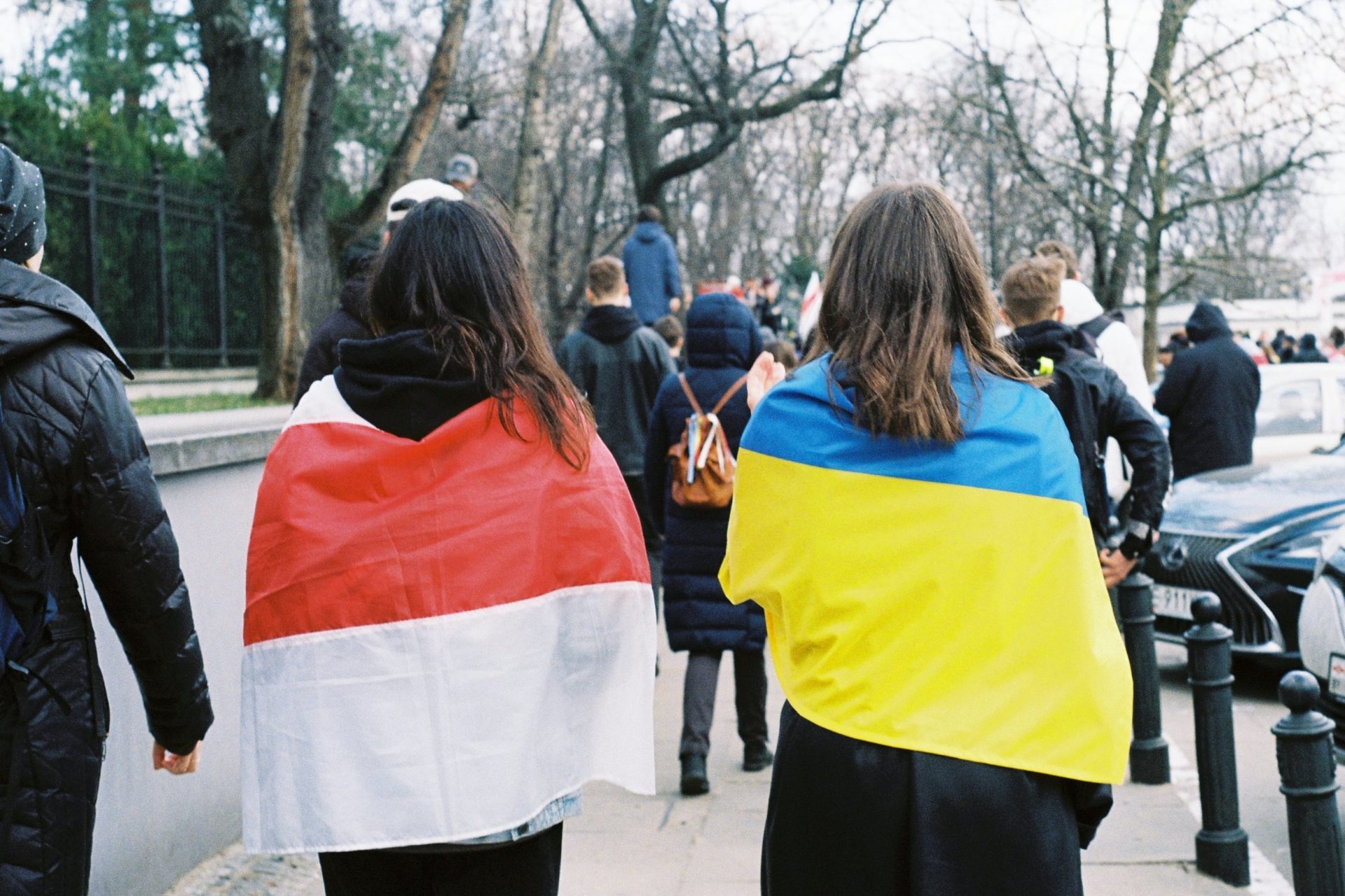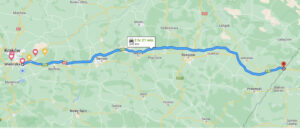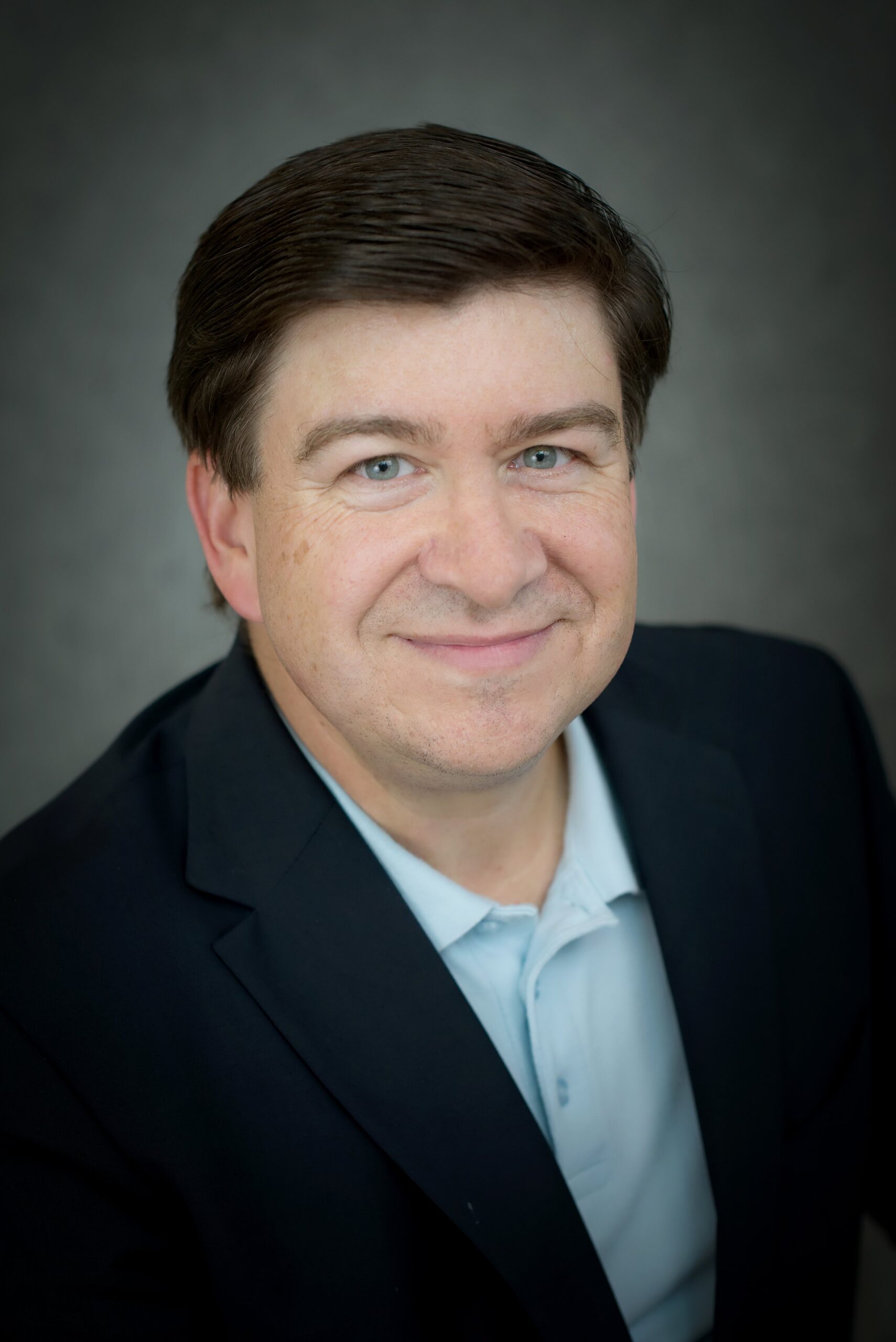
Plenty of friends from the United States, the United Kingdom, and elsewhere have been asking if my family and I are safe here in my home outside of Krakow, Poland – two hours away from the Ukrainian border. As an American living in Poland since 1991, I see these developments differently than years ago when I lived and worked in New York or Philadelphia and understood world events from the lens of American mainstream media. As such, I want to share some personal thoughts and observations on the Ukraine conflict that may be overlooked by most Americans.
It’s human nature to empathize with people who experience natural disasters, accidents, or war, but because our TV screens are constantly flooded with such images for so long, many people have simply grown immune. But for me, it’s more personal.

Poland and Ukraine, besides being friendly neighbors, share a lot of history together. The two Slavic languages, cuisines, and cultures are similar. Since the last Russian troubles in Crimea and Donbas in 2014, millions of Ukrainians have fanned out across Europe. Most Ukrainians have settled in nearby Poland, and over the past decade, I personally have hired quite a few Ukrainians to work at my company.
Unfortunately, immigrants and asylum seekers of all stripes – whether they are from Central America, Africa, or the Middle East – are unfairly stereotyped in many cruel ways. More often than not, they are hard-working, appreciative, and kind people. And the same can be said for the Ukrainians immigrants that I have had the pleasure of getting to know. Last week, my company invited our Ukrainian staff for a short meeting and shared our concern and solidarity with them and their homeland. There were tears on most faces. They are human beings who deserve the very best of humanity.
Ukrainians are fiercely proud and patriotic. Many years ago, in New York City in the 1980s I was at a party when one guest asked another, “So, are you Russian?” to which he proudly corrected him- “Nye – I am Ukrainian. There is a big difference, my friend.” And that was during Soviet times.
Over the years, I traveled to Ukraine a few times on business. Despite Ukraine’s political and economic difficulties since the fall of communism, I felt safe and I was treated well. I felt the same optimism in Kyiv that I experienced when I came to Poland in 1991.
A high school teacher I know recently told me that two Ukrainian teenage girls in her school were visibly shaken up. They explained that their fathers – who were safe and sound living in Krakow for a few years – were heading back to Kyiv by car. They felt they simply had to return to defend their motherland. Similar patriotic acts of bravery by Ukrainians are occurring across Europe.
On the television, Putin spoke in a threatening tone to Ukrainian citizens, telling them to lay down their arms or turn them on their own government. Luckily, his speech has no effect, and it may have even backfired. Aside from the thousands of courageous young men who are clamoring to get to the front lines, there are reports of housewives and Ukrainian babushkas registering for their government-issued rifles and AK-47s. These are the same women who were picking up cabbage and cream cheese at their local grocers only weeks ago to prepare the Sunday family meal of golubtsi and nalisniki.
In an emergency board meeting of the American Chamber of Commerce in Poland – on which I serve for 18 years – we discussed how U.S. companies are already doing plenty to help. Many of our members work on famous companies such as IBM, Google, and Boeing. Others have invested heavily in Ukraine, playing an important role in the gradual but definitive reconstruction of the Ukrainian economy.
The U.S. business community has long admired the skill and determination of Ukrainian workers. In fact, many Ukrainian students have a reputation for being terrific in math and are highly respected computer programmers. So much so that Kyiv has even been called the “Eastern Silicon Valley.” Entrepreneurs everywhere locate their businesses near centers of talent, and Ukraine today is certainly recognized as a burgeoning one in Europe.
Our Polish chapter of the global business organization YPO has been in close contact with our Kyiv chapter. Our members are offering apartments, donating blood, money, and more to support our colleagues across the border. (For reference, the flight from Warsaw to Kyiv is about an hour. We are literally right next door.)
Last week, 117,000 Ukrainian war refugees – mostly women and children – entered Poland. Hotels are filling up near the border, but in Krakow too. The U.S. government is booking rooms across the country as various aid agencies and government offices travel to Poland to offer assistance. At a private meeting on Tuesday evening, our new US Ambassador Mark Brzezinski ensured the AmCham Board that Poland’s NATO membership meant that those of us living in Poland are safe. Not to mention the ten thousand highly trained American soldiers stationed in Poland along with their state-of-the-art gear.
On February 23, the evening before the invasion began, at a meeting in Warsaw, both current Ambassador Brzezinski and former Ambassador Georgette Mosbacher, expressed American solidarity with the Poles and Ukrainians and discussed ways we can all help. I was watching the speeches with my friend and native New Yorker Michael Schudrich, Chief Rabbi of Poland. Rabbi Schudrich is about to launch a multi-denominational initiative to support the expected millions of Ukrainian refugees into Poland. Through his leadership, the Catholic, Baptist, Protestant, Muslim, Eastern Orthodox, and the Jewish communities of Poland will come together to stand with Ukraine.
Regarding NATO, among the most unforgettable events in my life was the official Polish reception in Warsaw to celebrate Poland’s entry into the alliance on March 12, 1999. I vividly recall the simultaneous feeling of relief and elation among the Poles. After hundreds of years of attacks from hostile neighbors from all directions, Poles could finally feel secure. Today, I truly hope that regardless of the developments from this invasion, Ukrainians will be able to hold out hope for a similar feeling of security one day.
On February 24, the day Putin’s army started its invasion, I flipped between coverage on the cable news channels as my teenage son Jake came downstairs to make himself breakfast. There are quite a few Ukrainian families in our school here and both of our kids have Ukrainian friends. Suddenly, the thought occurred to me as he flipped his omelet. If we were living in Kyiv or Lviv instead of Krakow, Jake and his friends would be heading out soon for their own AK-47 training and then off to war. I thought about the Ukrainian father experiencing just this, right at that moment. I could feel the tears forming in my eyes, so I turned around so my son wouldn’t see.
Now that’s personal.

John Lynch
John Lynch is an American entrepreneur and author living in Krakow, Poland since 1991.
In March 2022, John founded Corporate Aid for Ukraine, a 501c (3) charitable fund dedicated to providing funds to rapid-response charitable and humanitarian aid organizations on the front lines of the Ukraine war. Created under the patronage of the American Chamber of Commerce in Poland, CAU has partnered with Charities Aid Foundation of Washington, D.C. America’s leader in donor-advised giving.






